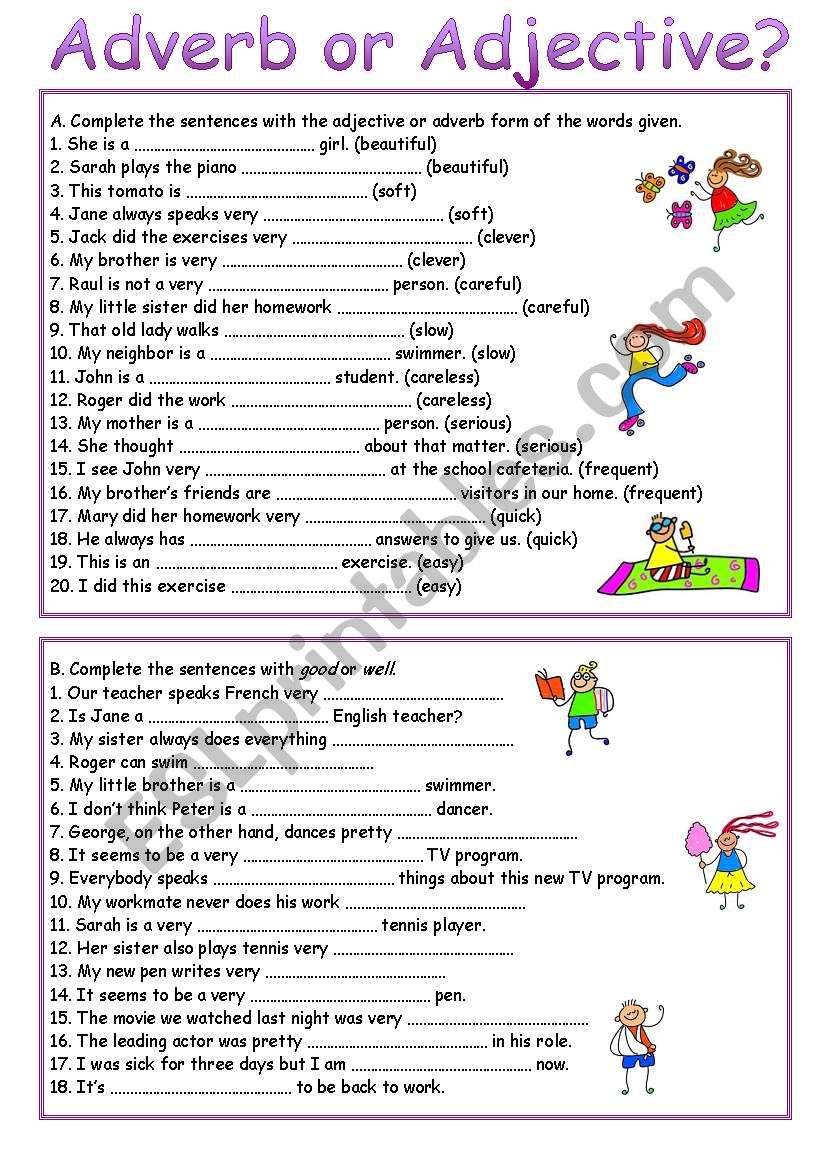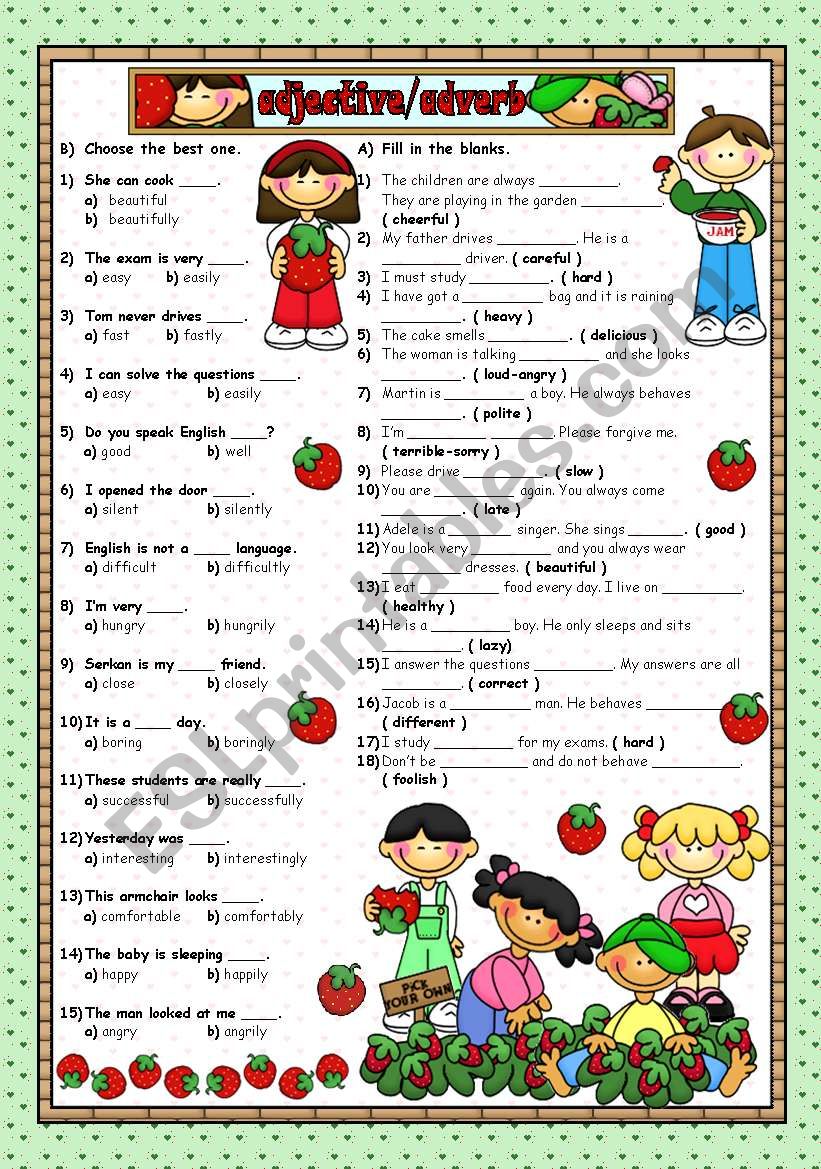

The energetic and mischievous Luna is our pet Husky.If the comma was replaced with the word and, or the adjectives were reversed, it would not change the meaning of the sentence. The words energetic and mischievous are working together to describe Luna. The energetic, mischievous Luna is our pet Husky.When using coordinate adjectives, commas or the word “and” must be used to separate the adjectives because each adjective is describing the noun. Coordinate AdjectivesĬoordinate adjectives are two or more adjectives that work together to modify the same noun. The word gigantic is modifying the word building by describing its size following the linking verb is. They are called predicate adjectives because they are part of the sentence predicate. Predicate adjectives are words, phrases, or clauses that modify the subject of a sentence or clause following a linking verb.

In this example, the attributive adjective directly follows the noun being described. The word cold is modifying the word nose by describing it. The word grocery is modifying the type of store. The word berry is modifying, or describing the type of pie.

I bought berry pie when I went to the grocery store.Attributive AdjectivesĪttributive adjectives are words, clauses, or phrases used directly before or after the noun or pronoun they are modifying and describe a quality of the word being modified. There are two main types of descriptive adjectives: Attributive Adjectives and Predicate Adjectives. and modify nouns.Return to Table of Contents Types of Adjectives Descriptive Adjectivesĭescriptive adjectives describe qualities of a noun or pronoun and are the most commonly used type of adjective. Adjectives like “calm” are subject complements for a linking verb such as “feel,” look,” seem,” etc.
.ppt/slide_2.jpg)
Many adverbs end in -ly and are used to modify verbs. It’s a common error to mix up similar adjectives and adverbs, like “calm” and “calmly,” by using an adverb instead of a predicate adjective. Possessive adjectives: Expresses who owns something Interrogative adjectives: Used to ask a question Numeral adjectives: Shows the number or order of itemsĭemonstrative adjectives: Identifies which person or item is being referencedĭistributive adjectives: Refers to members of a group Quantitative adjectives: Defines how much of something there is In the English language, there are multiple types of adjectives:ĭescriptive adjectives: Describes the characteristics of a noun There are several types of adverbs in English:Īdverbs of place: Where something happenedĪdverbs of manner: How something happenedĪdverbs of frequency: How often does something happenĪdverbs of degree: How much does something happen Adjectives and adverbs definition When to use adverbs and adjectives Adverbs indicate when, where, how, how often, and how much something happened. An adjective is a part of speech that identifies the characteristics, quality, and/or quantity of a noun or pronoun.


 0 kommentar(er)
0 kommentar(er)
